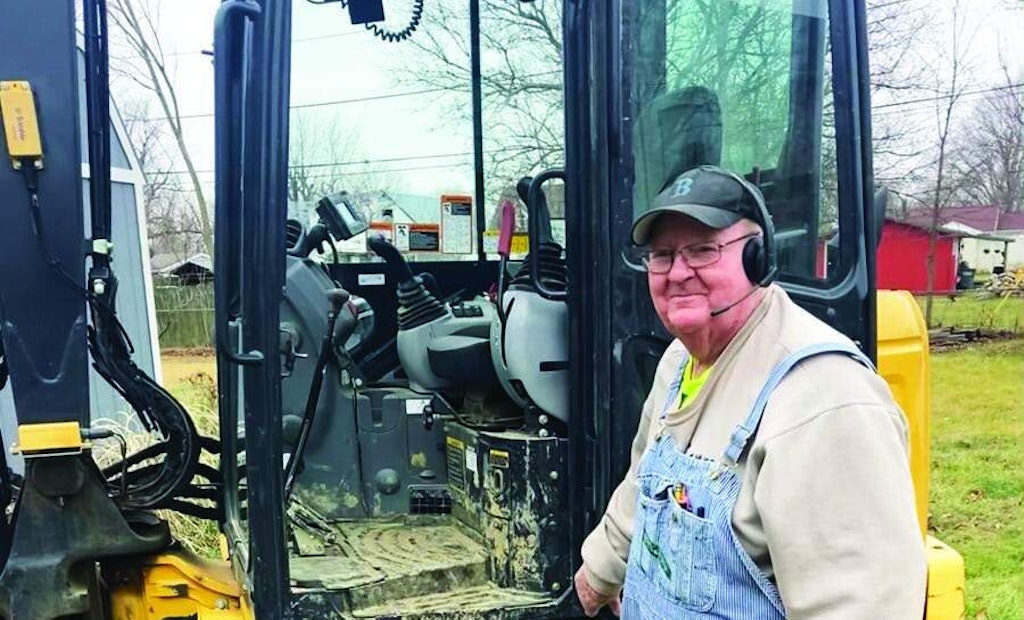In Snapshot, we talk to a member of a state, provincial or national trade association in the decentralized wastewater industry. This time we visit a member of the Indiana Onsite Wastewater Professionals Association.
Name and title or job description: Dick Blazer, owner
Business...






